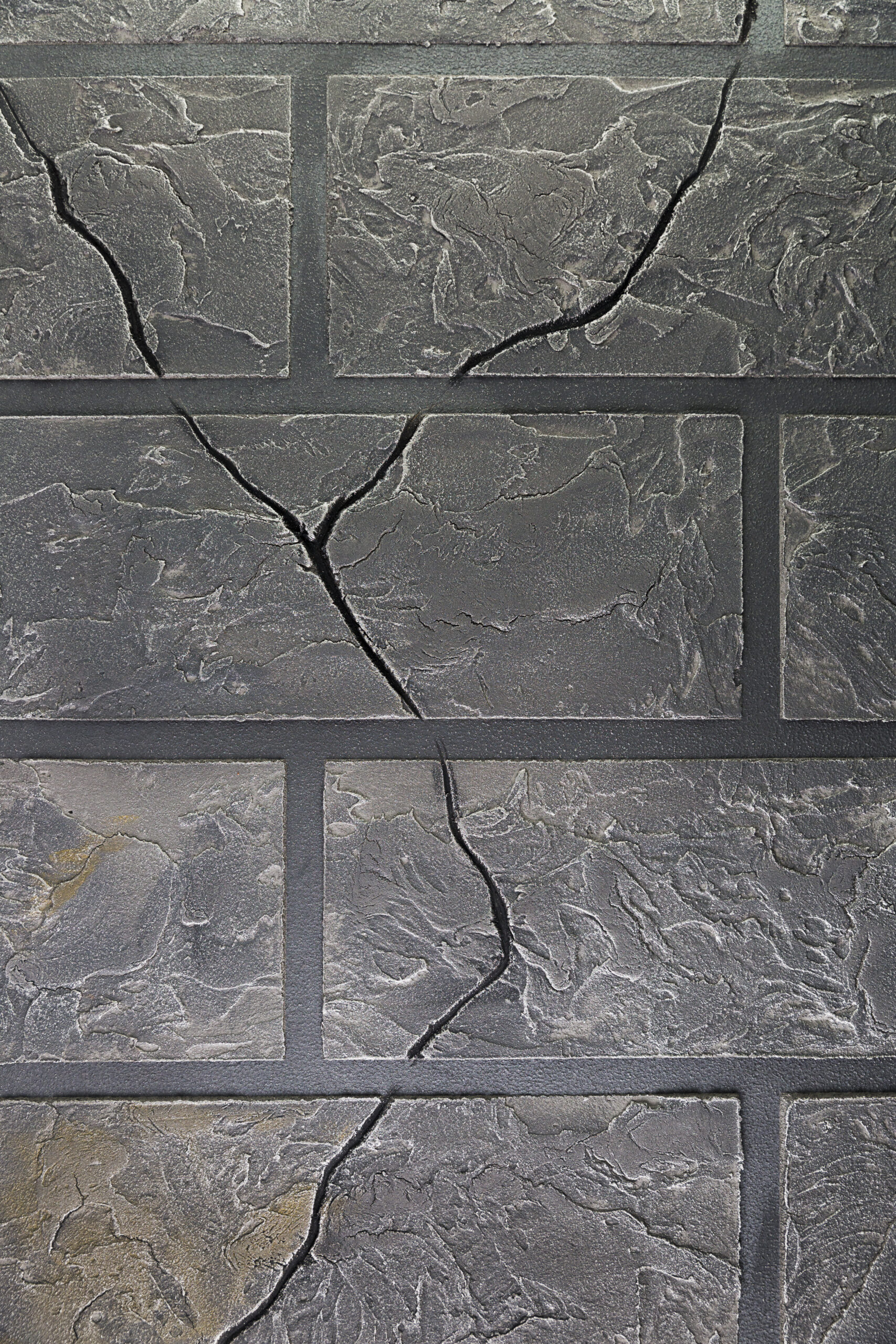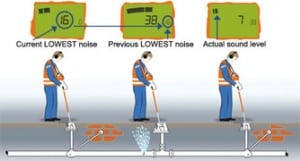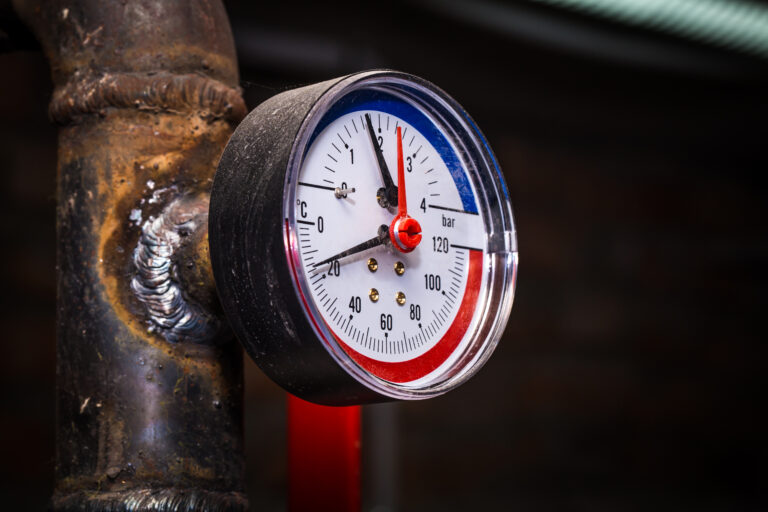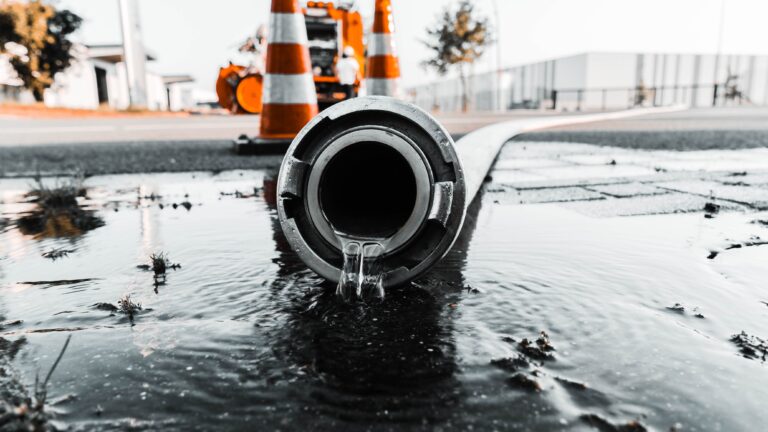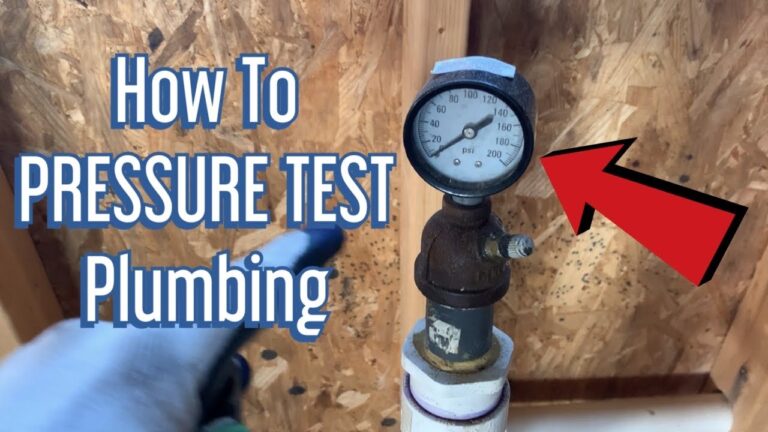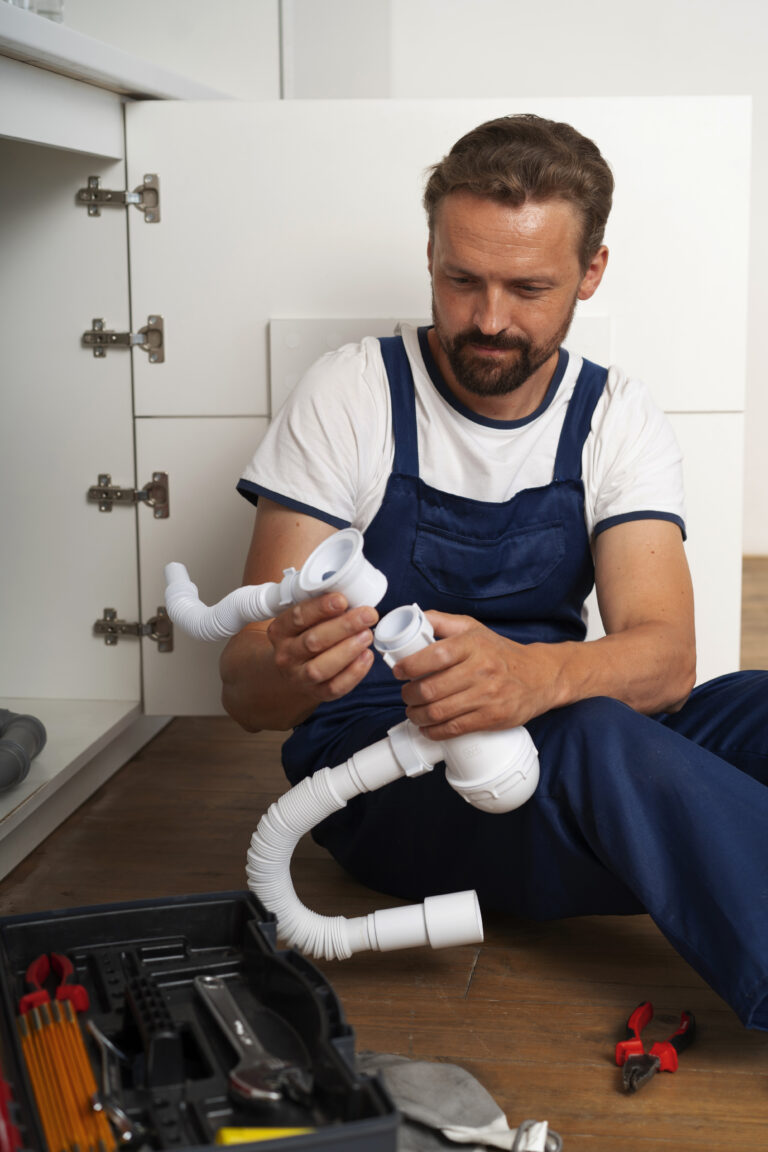What Is A Slab Leak?
A slab leak is a type of water leak that occurs underneath the concrete foundation of a home or business. It is caused by a range of factors, including old pipes, shifting soil, and even earthquakes. Slab leaks can be difficult to detect and even harder to repair, as they require access to pipes that are buried deep beneath the foundation. If left untreated, they can lead to mold growth, structural damage, and even health problems. Slab leaks can be costly and time-consuming to repair, so it is important to take action as soon as a leak is suspected.
Definition of Slab Leak
A slab leak is a term used to describe a leak in a home’s plumbing system that has developed in the concrete slab foundation. While not as common as other plumbing issues, slab leaks can cause serious damage if not identified and addressed quickly.
Slab leaks are usually caused by corrosion of the pipes, water pressure, soil shifting, or poor installation. They can be difficult to detect since there are no visible signs of water leakage, but they can be identified through a variety of methods such as using sensors, listening devices, or video inspection.
The effects of slab leaks can be devastating, causing water damage to the home or foundation, mold growth, and even structural damage. It’s important to act quickly to fix the leak and prevent further damage, as it can be an expensive fix if more extensive damage has occurred.
The best way to fix a slab leak is to hire a professional plumber to identify the source of the leak and repair it. The plumber will typically use a non-destructive method to repair the leak, which involves injecting material into the slab to seal the leak and prevent further damage. It’s important to hire a licensed and experienced plumber to ensure the repair is done correctly and the issue doesn’t reoccur.
Causes of Slab Leak
Slab leaks are one of the most common plumbing problems homeowners face. Slab leaks occur when water from the pipes underneath the foundation of a home seeps through cracks in the concrete, creating a leak in the home’s plumbing system. As the water continues to leak, it can cause major damage to the structure of the house and lead to costly repairs. It’s important to understand what causes slab leaks and how to prevent them from occurring.
One of the most common causes of slab leaks is corroded or deteriorating pipes. As pipes age, they become weak and can start to corrode, leading to leaks. Replacing old, corroded pipes is one of the most effective ways to prevent slab leaks from occurring.
Another major cause of slab leaks is poor installation. If the pipes are not properly laid, or they are not sealed tightly enough, a slab leak can occur. Water seeping through the cracks in the concrete can also be the result of poor installation.
Thirdly, faulty pipe joints can also lead to slab leaks. If the joints are not connected properly, or if they are not sealed correctly, it can cause a slab leak.
Finally, changes in the soil around the foundation can also cause slab leaks. If the soil shifts or sinks, it can create pressure on the pipes that can cause them to leak.
By understanding what causes slab leaks, you can take steps to prevent them from happening. Have your plumbing inspected periodically and replace old, corroded pipes to help protect your home from the costly repairs that can result from slab leaks.
Symptoms of Slab Leak
Slab leaks are a common yet serious issue, and it’s important to identify the symptoms early on to prevent further damage to your property. If left unchecked, a slab leak can cause costly structural damage, water waste, and even mold growth. Fortunately, there are a few telltale signs to look out for when it comes to slab leaks.
The most common symptom of a slab leak is a wet spot or moist area on the floor. This could be from the pooling of water that is leaking from the slab. If you notice a wet spot that has been there for some time, it may be a sign of a slab leak.
Another symptom to watch out for is an unexplained increase in your water bill. If the water bill has suddenly increased without any reason, it could be due to a slab leak. This is especially true if your usage habits have not changed.
It is also possible to hear the sound of running water when there’s no water running in the house. This sound is usually caused by water leaking from the slab.
If you notice any of these symptoms, it’s important to call a plumber right away to inspect for a slab leak. Don’t wait until it’s too late and the leak has caused serious damage to your home. Ignoring the signs of slab leaks can be quite costly in the long run.
Common Solutions for Slab Leaks
A slab leak is a leak that occurs underneath the concrete foundation of a structure. It can be caused by a variety of factors, including corrosion, shifting, or inadequate construction. While slab leaks can be difficult to detect and repair, they are an important issue to address as soon as possible. In this blog, we’ll explore common solutions for slab leaks and how they can be fixed.
The most common solution for slab leaks is re-piping. This involves replacing the damaged portion of the pipe with a new one and reconnecting it to the existing plumbing system. Re-piping can be time-consuming, but it’s the safest and most reliable way to fix a slab leak. If the slab leak is small, however, it may be possible to repair it without re-piping.
Another solution is to have a professional locate and repair the leak without excavating the concrete. This can be done using specialized equipment that can detect the source of the leak and then patch or seal it. It’s an effective solution that is much less time-consuming than re-piping.
A third option is to use a slab leak detection system. These systems use sensors or electronic detection devices to locate and pinpoint the exact location of the leak. Once the leak is located, it can be repaired using patching or injection methods.
No matter the solution you choose, it’s important to hire an experienced and reliable plumber to fix the leak as soon as possible. Slab leaks can cause serious damage to your home’s foundation if left unchecked. Taking the time to find a solution and have it repaired can save you money in the long run.
Prevention of Slab Leaks
Slab leaks can be a major inconvenience and an expensive repair, so it’s best to be proactive in preventing them from occurring. Here are a few steps homeowners can take to help avoid slab leaks.
First and foremost, ensure that the plumbing system is regularly inspected for signs of wear, corrosion, and other issues that may lead to slab leaks. Pay attention to any changes in water pressure, and contact a professional plumber at the first sign of a potential issue.
Additionally, you should ensure that the water heater is set to a temperature no higher than 120°F. This will help reduce the chances of a slab leak, and will also save energy.
Finally, be mindful of the water usage in your home. If you notice any sudden increases in your water bills, it could be an indication of a slab leak.
By following these tips, homeowners can take an active role in preventing slab leaks and the expensive repairs that go with them. Regular maintenance, mindful use of water, and a watchful eye can help keep your slab leak-free and your wallet happy.
Common Questions About Slab Leaks
A slab leak is a type of water leak that occurs underneath the concrete foundation of a home or commercial building. These leaks are often caused by aging plumbing systems, but can also be caused by a variety of other factors. While slab leaks can cause a great deal of damage that can be expensive to repair, there are ways to identify and mitigate them. This article will outline the basics of slab leaks and answer some of the most commonly asked questions about them.
First, it’s important to understand what a slab leak is. In short, a slab leak occurs when a water line running beneath the concrete foundation of a home or building develops a crack or leak. Slab leaks can also be caused by other factors, such as shifting soil, or water pressure that is too high.
Another common question about slab leaks is how to identify them. Signs of a slab leak include wet spots on the floor, a damp smell, and an increase in water bills. If you suspect a slab leak, it’s important to call a licensed plumber immediately to assess the situation.
Finally, it’s important to consider the best ways to prevent slab leaks. Regular plumbing maintenance is the best way to ensure your system is functioning properly and to identify any potential issues before they become more serious. Additionally, repairing any underground water lines that are damaged or beginning to leak is essential to preventing slab leaks.
Slab leaks can be costly and difficult to fix, but proper maintenance and preventive measures can help ensure that your home or building is safe from this type of leak. If you suspect a slab leak, it’s important to contact a professional plumber as soon as possible.
FAQs About the What Is A Slab Leak?
1. What is the most common cause of a slab leak?
The most common cause of slab leak is corrosion of the water pipes under the concrete due to age, pressure, or contact with corrosive materials.
2. What are the signs of a slab leak?
Signs of slab leaks include water pooling near the foundation, a spike in water bills, the sound of running water when no water is in use, and hot spots on the floor.
3. How do I prevent a slab leak?
Preventing slab leaks involves regularly inspecting pipes for corrosion, checking for leaks and cracks, and replacing any old or damaged pipes. Additionally, installing water filters and avoiding contact with corrosive materials can help prevent slab leaks.
Conclusion
A slab leak is a type of water leak that occurs beneath a concrete slab foundation. It is caused by corrosion and deterioration of the piping beneath the concrete slab and can result in significant damage to a home. Slab leaks need to be identified, repaired, and monitored to ensure that the leak does not recur. Proper maintenance and repair of slab leaks is essential for protecting a home from water damage and other costly repairs.

